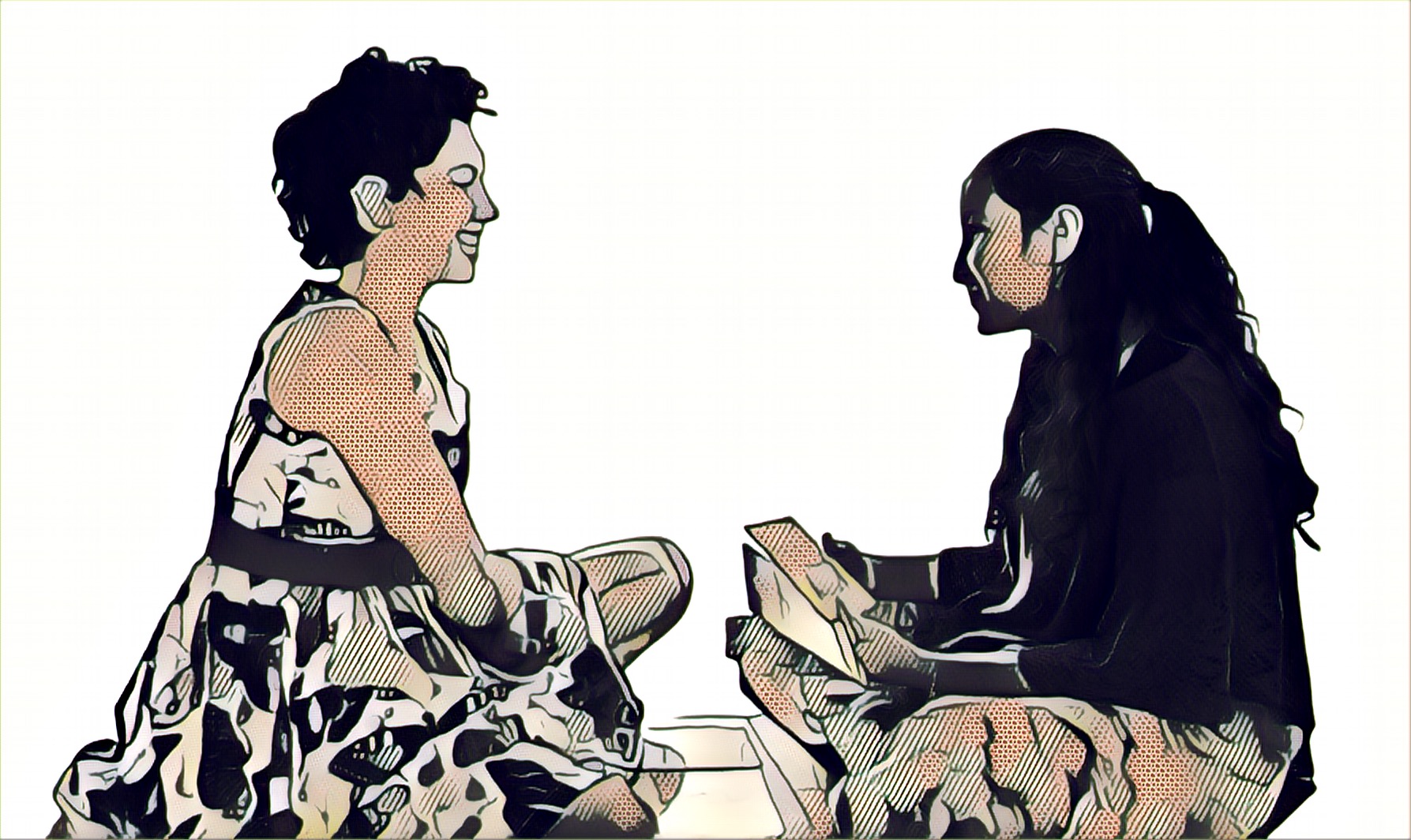My first period (menarche) was on Boxing Day. I was wearing white underwear and I remember rushing upstairs to the bathroom after a breakfast of leftover turkey and baked potatoes. It was one of the happiest moments of my life, it was a sign that my body was just like everyone else’s, but it was not normal. I consider myself lucky. My period was not a shock to me, in fact, I was waiting with bated breath. After years of health difficulties and almost six months in and out of hospital, my period did not just signify ‘womanhood’ but most importantly, a successful surgery.
We talk about menstruation and menarche as a shared experience that connects us, a universal sign of the beginning of womanhood. But periods and especially menarche signify a multitude of things to different people and each story is equally valid, no matter how unique.
Suddenly I had this awful pain in my belly that I’d never had before so, kind of doubled over, I made for the toilets. Once in the cubicle and sitting, I saw the blood swirling around in the bowl and panicked, thought I was dying and screamed for my parents.
First period report, young woman 16-18
Stories are often shared of happy moments, excitement and joy, the celebration of becoming a woman but there is a danger to any single narrative. From tears, embarrassment, excitement, fear and even a period party – conversations with friends yield extraordinarily broad responses. For some this day was delayed due to athelic amenorrhoea, puberty blockers, or in fact never came due to Turner’s syndrome, MKRH Mayer–Rokitansky–Küster–Hauser syndrome) or a myriad of other circumstances.
Periods that did arrive could carry with them the weight of the symptoms of endometriosis or polycystic ovaries, yet to be diagnosed. For some, it signifies the beginning of questions of gender identity or the heavy restrictions of ‘womanhood’ from our patriarchal binary society. We are often taught to fear or detest our bodies and more often than not we aren’t taught at all.
I didn’t tell my mum for two days because I didn’t know what she would say. I felt ashamed that I had started my period at such a young age as I had already developed C-cup breasts and a male teacher a few weeks before had told my mother that I needed high neck swimmers because I ‘had the body of a woman’.
First period report, young woman 19-30
Every body has its own schedule and it’s unhelpful to base your expectations on someone else’s. I had my first period at eleven and my best-friend, sixteen. In the same way that we develop breasts, have growth spurts and experience adolescence, menarche is entirely unique to your own body. There is no single right or normal ‘age’ or experience. Our periods differ significantly between individuals and the more we share our stories, the more we expand our understanding of the diversity of this seemingly universal female experience.
The phrase “my first period” yields one and a half billion results from Google. There are op-eds, blog pieces, diary entries, entire books, novels all centering this event. And yet many still experience fear around sharing stories that are unlike ‘everyone else’s’. For me, in conversations about first periods, I often hold back fearing my listener may not be able to relate. Everyone has a different story and we should welcome and accept them all, but this will take time.
So excited to have come to a new stage of my life.
First period report, young woman 12-15
Personally, my period was bloody miraculous. But one’s first period (or lack thereof) is a unique experience and if you choose to share it, there is no shame if it does not look like anyone else’s.
Have a look at About Bloody Time: The Menstrual Revolution We Have to Have for stories like those in this piece – firsthand accounts and investigation into menstrual taboos and how we reckon with them.

Rosie Ward
A regular contributor to The Leak, Rosie is a full-time post graduate student at the University of Melbourne. She is interested in finding effective policy solutions to gender inequalities and the power of feminist literature. She combines these interests in her role as Babes in Books director. When not doing that you can find her tending to her growing cactus collection.


